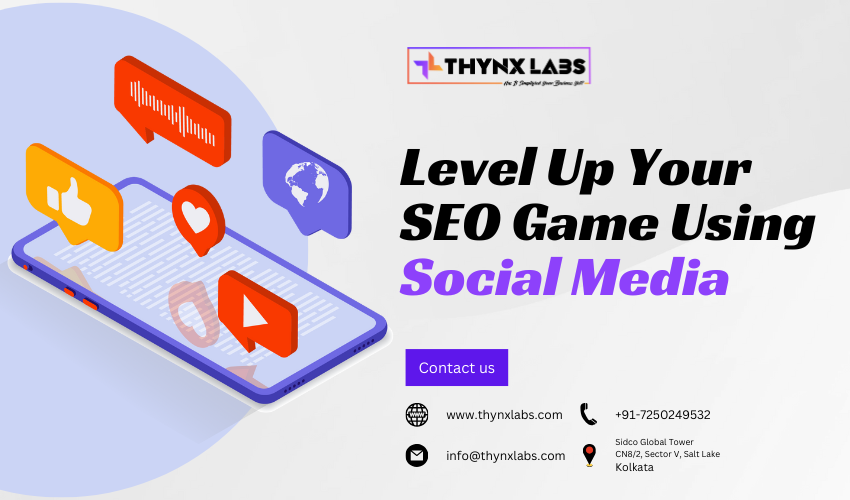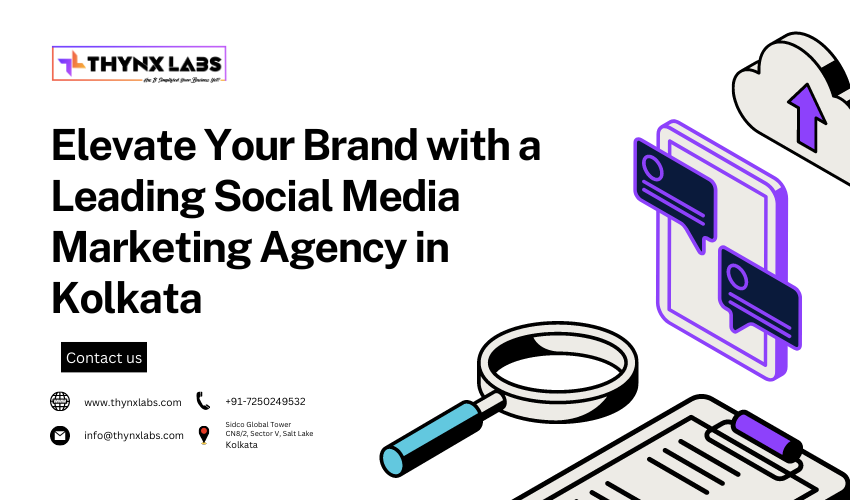The Importance of Social Media in Healthcare
In today's digital age, the role of social media in healthcare has become increasingly vital. Let's delve into the various ways in which social media platforms are revolutionizing the healthcare industry.
Enhancing Patient Engagement
Social media enables healthcare providers to connect directly with patients, fostering a sense of community and improving patient engagement. Through platforms like Facebook and Twitter, hospitals and clinics can share valuable health information, answer patient queries, and even schedule appointments. This direct interaction enhances patient satisfaction and trust.
Education and Awareness Campaigns
One of the key benefits of social media in healthcare is its ability to disseminate educational content and raise awareness about health issues. Hospitals and healthcare organizations can share articles, infographics, and videos to educate the public on preventive care, disease management, and healthy lifestyle choices. This helps in promoting public health and reducing the burden on healthcare systems.
Real-Time Communication
Social media facilitates real-time communication between healthcare providers and the public during emergencies or health crises. Hospitals can quickly update the community about outbreak situations, safety protocols, and vaccination drives. This instant dissemination of information aids in controlling the spread of diseases and ensures that accurate information reaches the public promptly.
Building Professional Networks
Healthcare professionals can leverage social media to build professional networks and stay updated with the latest developments in their fields. Platforms like LinkedIn provide opportunities for doctors, nurses, and researchers to connect, share research findings, and collaborate on projects. This networking fosters innovation and continuous learning within the healthcare community.
Patient Support Groups
Social media platforms host numerous patient support groups where individuals with similar health conditions can connect, share experiences, and provide emotional support. These online communities play a crucial role in empowering patients and helping them cope with their health challenges. It also allows healthcare providers to gain insights into patient experiences and tailor services accordingly.
Recruitment and Branding
For healthcare organizations, social media serves as a powerful tool for recruitment and branding. Hospitals can showcase their facilities, highlight success stories, and promote job openings to attract top talent. This branding strategy not only enhances the organization's reputation but also helps in recruiting skilled professionals who align with the institution's values.
Ethical Considerations and Privacy
While social media offers numerous benefits, healthcare professionals must navigate ethical considerations and privacy concerns. It's essential to adhere to patient confidentiality guidelines and exercise discretion when sharing information online. Establishing clear social media policies ensures responsible usage and upholds patient trust.
Conclusion
In conclusion, social media has transformed the healthcare landscape by improving patient engagement, disseminating health information, facilitating real-time communication, and fostering professional networks. While leveraging social media can significantly benefit healthcare organizations, it's crucial to navigate the platform ethically and responsibly to maintain patient confidentiality and trust. By harnessing the power of social media effectively, healthcare providers can enhance patient care, promote public health, and drive positive outcomes within the industry.


